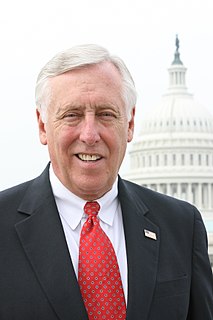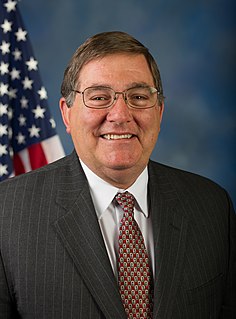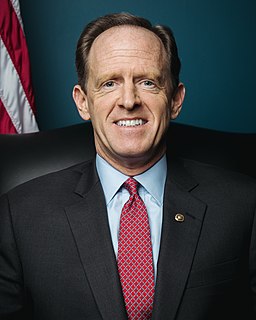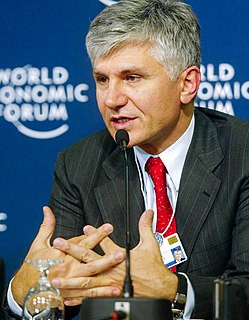A Quote by Murray Rothbard
In his second Inaugural Address, on March 5, 1821, Monroe admitted at last to a general depression of prices, but only as a means of explaining the great decline in the federal revenue. Despite this, he asserted that the situation of America presented a 'gratifying spectacle.'
Related Quotes
I would like to see whoever is our next president dedicate a significant part of their inaugural address to this challenge. We have to ignite the nation's energies and passions on this to make this happen. I think we do need the same kind of inspiration we had from Kennedy in his inaugural address in 1961.
The famous passage from her book is often erroneously attributed to the inaugural address of Nelson Mandela. About the misattribution Williamson said, "Several years ago, this paragraph from A Return to Love began popping up everywhere, attributed to Nelson Mandela's 1994 inaugural address. As honored as I would be had President Mandela quoted my words, indeed he did not. I have no idea where that story came from, but I am gratified that the paragraph has come to mean so much to so many people.



































